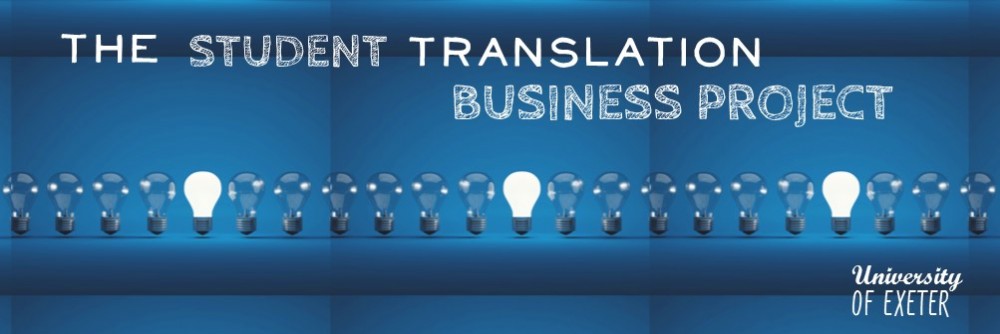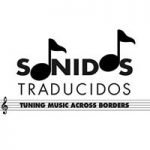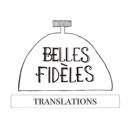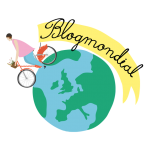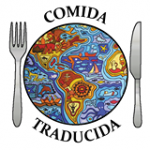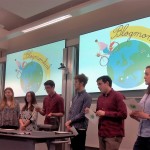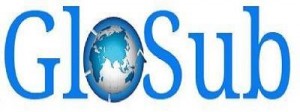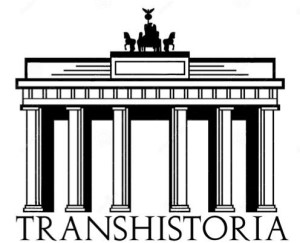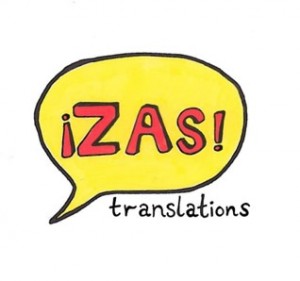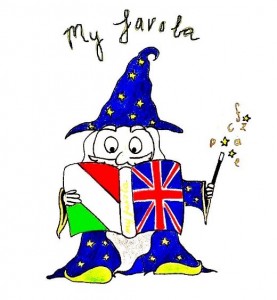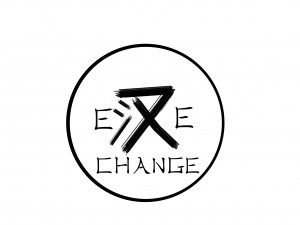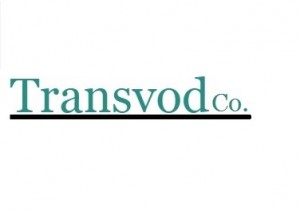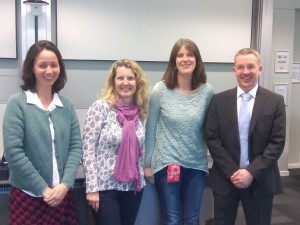Hello, we’re your four mentors for the TBP, Ema, Catharine, Alex and Faye. We’ve been in touch with various people who work in the translation sector and have managed to ask them a few questions about their roles and also for some advice about getting into the industry. We hope that this will provide a useful insight for everyone involved on the project.
Our first interview has been with Emma Bird who graduated from Exeter in 2014 with a Modern Languages degree. Since then she has gone on to work as a Project Manager at STAR Translations UK based in Woking, which is one of the largest translation companies in the country.
How did you get into the job?
I wrote to various translation companies asking for some work experience in the last summer of my degree, and STAR came back to me and offered a short internship to gain an insight into the industry. I was offered a job with STAR the following year after I graduated.
Which duties do you carry out in your role?
As a PM, I’m responsible for all aspects of the project workflow; quoting, scheduling, arranging translation/review steps, dealing with queries and final delivery to the customer. My role also encompasses terminology management, some DTP work and managing reference material. Most projects are simple, though others have special requirements which would also be my responsibility. In addition, my role includes a sales/marketing aspect; we attend trade fairs, write marketing documentation and also provide technical support for our software tools.
How do you use your language skills developed during your degree at Exeter for your job?
We have many partner offices located abroad, from whom we get the majority of our projects, and we communicate with some of them in their native language, for me, I mainly use German but sometimes French as well. It’s also great to have the languages when we get queries about projects or when we need to double-check a translator’s work, as we can fully understand the content and therefore the problems. We also need to understand the language for quality assurance procedures, for reviewing translator’s work when the customer required an extra review, again, the list goes on and I wouldn’t be half as good at my job if I couldn’t speak German or French, the more languages you know, the better.
What advice would you have for people looking to get into the translation industry?
The most important thing is for you to be qualified enough, as most agencies are certified to EU standards and aren’t likely to hire people/work with freelancers who do not meet the requirements as that would mean that those translations would not be certified. Broadly speaking, although you may want to check the standard itself for clarification, the requirements are: possession of an MA in translation, a languages BA plus 2/3 years full-time professional experience as a translator, or minimum 5 years full-time experience as a professional translator. We find that the best translators are those who have worked in-house somewhere, either at an agency or for a company. Translators with in-house experience often have greater attention to detail and broader experience of different subject areas, something which translators coming fresh out of an MA might lack. We review all translations here and make a note of any changes made; sloppier translators are less likely to get repeat work, so quality is very important in every job you do.
Secondly, I would say that it’s important to be realistic about your skill set, i.e. avoid saying that you’re specialised in legal or financial when you have only done a couple of contracts. There’s nothing wrong with not being specialised in any areas, it doesn’t mean that you won’t get any work. As with any job application, keep your e-mails/CVs/cover letters very professional, honest and comprehensive.
Finally, personalise your applications and e-mails, tell agencies and/or companies why you want to work for them in particular, generic e-mails tend to get deleted or ignored.
Do you find that many people in the industry have come straight into it from university, or is there a tendency to work in other professions first, and then move into translation later on to use that specialist knowledge gained elsewhere?
From my experience, most translators do come into it straight out of university, but some do go into other professions first. Specialist knowledge is certainly very beneficial in the industry, as you need to be familiar with the subject area just as much as you need to be competent in the language, and when a specialist project does come along, you can be very sought-after because of the extra knowledge you possess; having said that, this knowledge can also be gained from translating a variety of projects, something which you will most certainly do if you work in-house somewhere. For example, I am responsible for all translations for our agricultural customers and, as a result, have gained specialised knowledge of tractors and other agricultural machinery. The kind of experience that we would value most highly is experience working in the field in which you would translate, i.e. as a solicitor/engineer/doctor, though an MA in translation will not normally open doors into these fields, so it requires you to be fully qualified and have experience in both fields, which is definitely a rarity.
Do you find that sites such as LinkedIn, ProZ, Translatorscafe etc. are at all useful in developing contacts in the industry and finding work?
They can be useful to an extent, as with any industry, but are not necessarily useful for finding work. I suppose it really depends how active you are on things like LinkedIn and Translatorscafe as to whether or not you establish contacts and/or find work. ProZ is probably the only one of the three mentioned that agencies use to find translators, but that does tend to be a last-resort as it isn’t a recognised body like the ITI or IoL.
Are you a member of any translation organisations and if so have you found the membership valuable?
We as a company are a corporate member of the ITI (Institute of Translation and Interpreting) and ATC (Association of Translation Companies) as well, which is essential for demonstrating our credibility as a certified translation agency. The ITI is always our first resort for looking for more freelancers as it the most well-regarded translation body and being a member certainly pays off; our second resort would be the IoL (Institute of Linguists), which is also highly regarded. In short, yes, the membership is very valuable.
Thanks for reading, we hope that you found this interesting! We will have another interview up shortly. In the meantime, please don’t hesitate to get in touch with us if you need any advice about your projects.
Ema, Catharine, Alex and Faye

